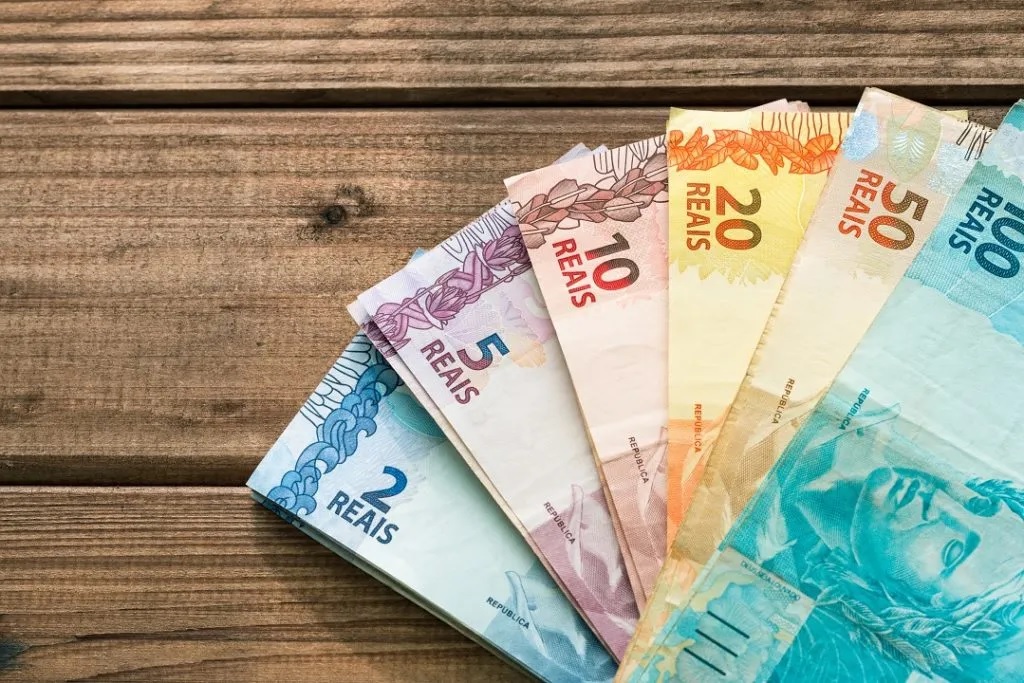RIO DE JANEIRO, BRAZIL – The chief economist of Credit Suisse bank in Brazil, Solange Srour, evaluates that the international environment is “very favorable” for emerging markets, especially Brazil, which has led to a large volume of foreign capital entering the country.
In an interview with CNN on April 4, she affirms that numbers such as the R$67 billion (US$14.5 billion) that entered the B3 in the first three months of this year “comes in the wake of a global environment that is very favorable to emerging countries due to the increase in commodities, and the fact that emerging countries have been raising interest rates for a long time.
“We are starting to see developed countries reducing monetary accommodation, while we are already with the Selic in double digits for some time,” she says.

Srour also considers that, during the pandemic reopening period, there was a valuation of assets in developed countries much higher than in emerging countries, which makes these markets, especially the Brazilian one, considered cheap.
The economist affirms that the investments in Brazil still represent a small portion of the global portfolio and could be “much larger if it weren’t for some major uncertainties that we are experiencing this year, especially concerning next year’s fiscal policy.
For her, the focus of investors is on next year’s fiscal agenda. “Are you going to pass any reforms? Because we need to. The real interest rate is very high, and this is unsustainable. Firstly because the country is not growing, and secondly, because the debt does not enter a declining trend; on the contrary, it will explode if real interest rates continue at the level of 5.5%, 6%.
“Investors want to know if we are going to manage to make reforms that help with fiscal consolidation and bring about an increase in productivity and growth; this is the focus of investors who do not come to Brazil in the short term, who do not come to benefit from high interest rates, but rather from economic growth,” he says.
With information from CNN Brasil Business

